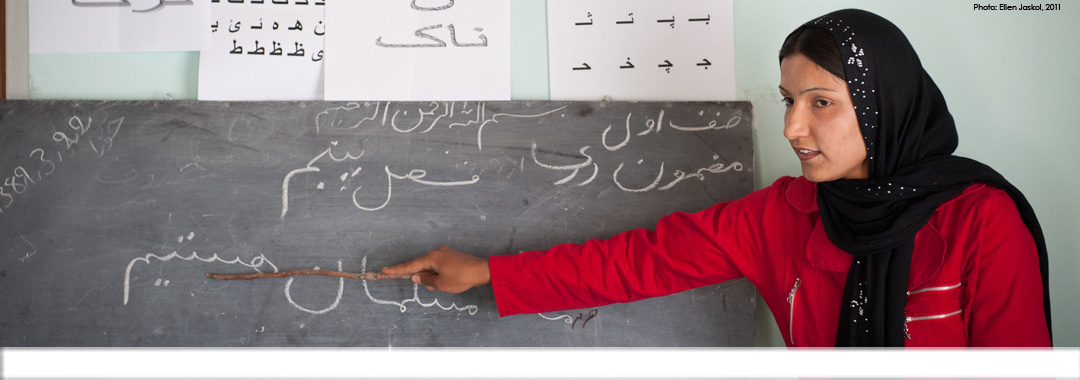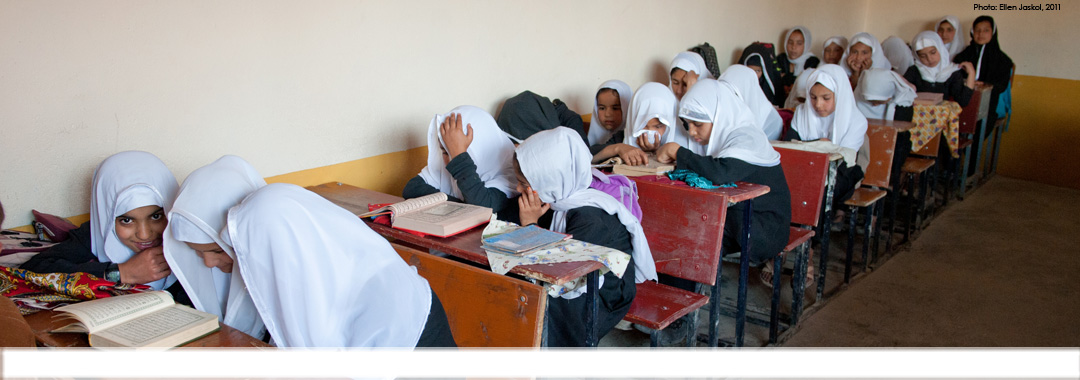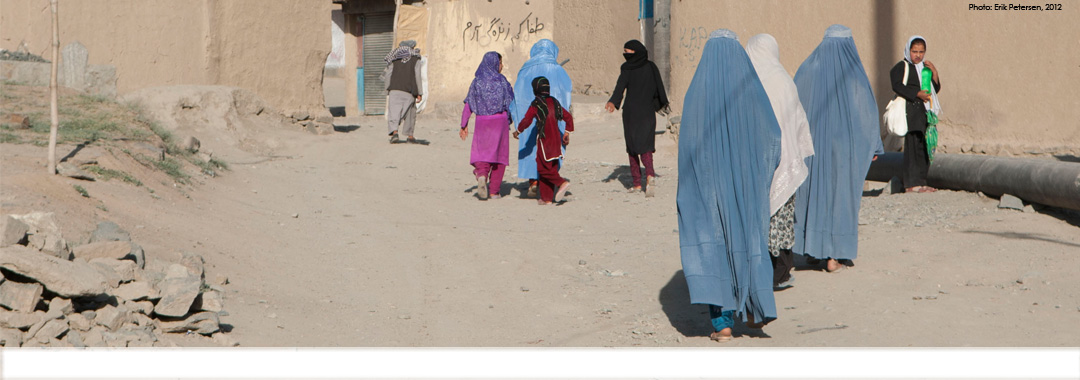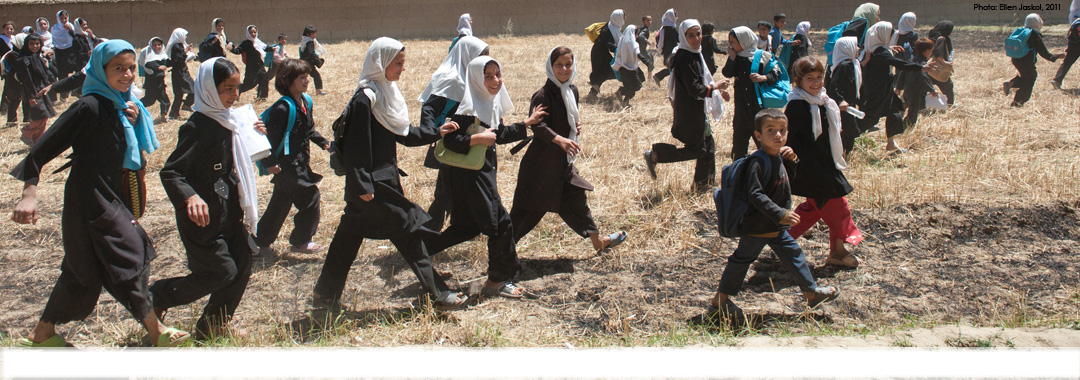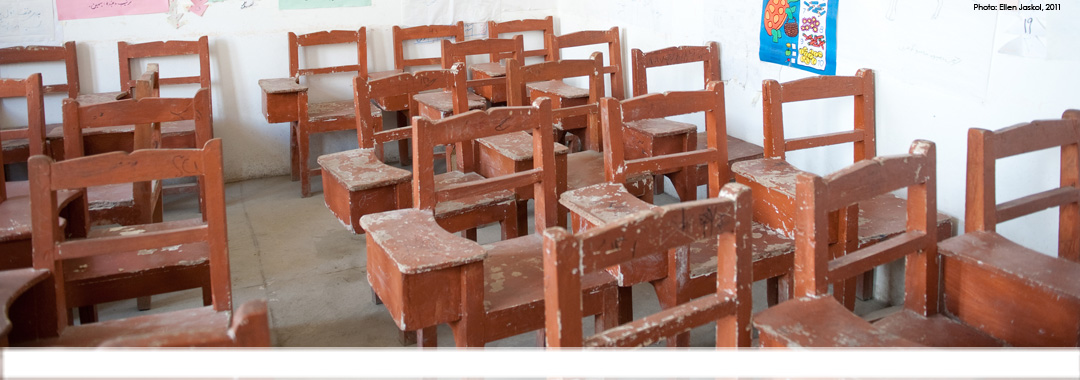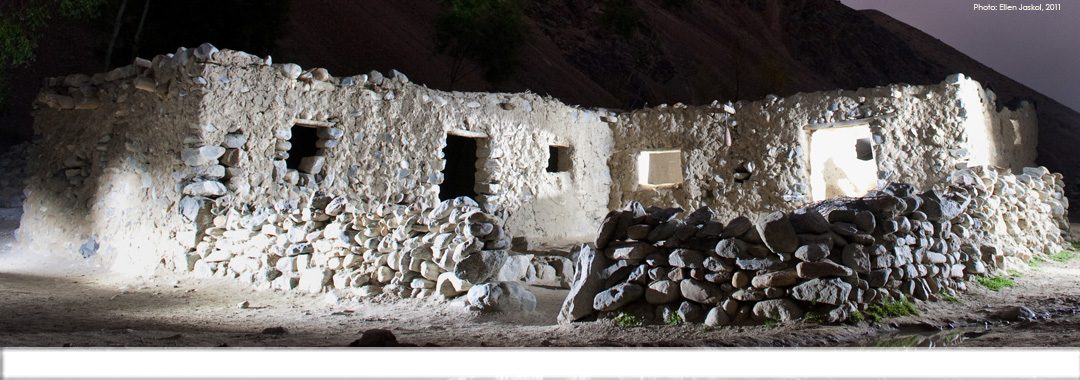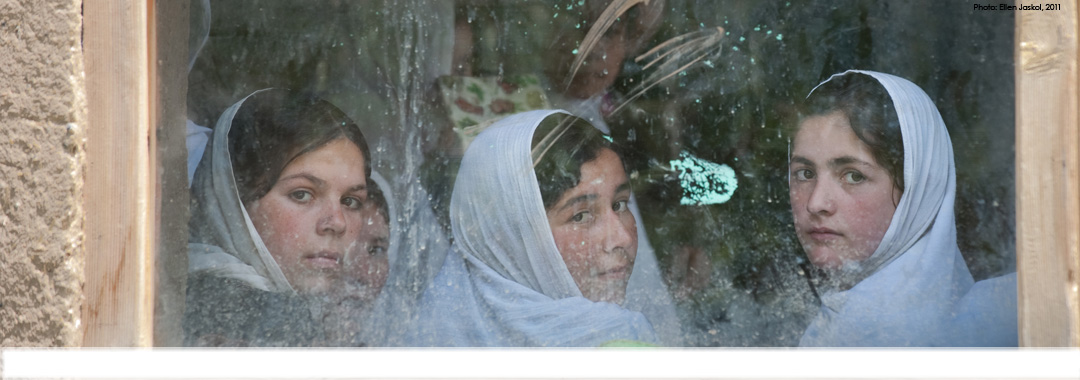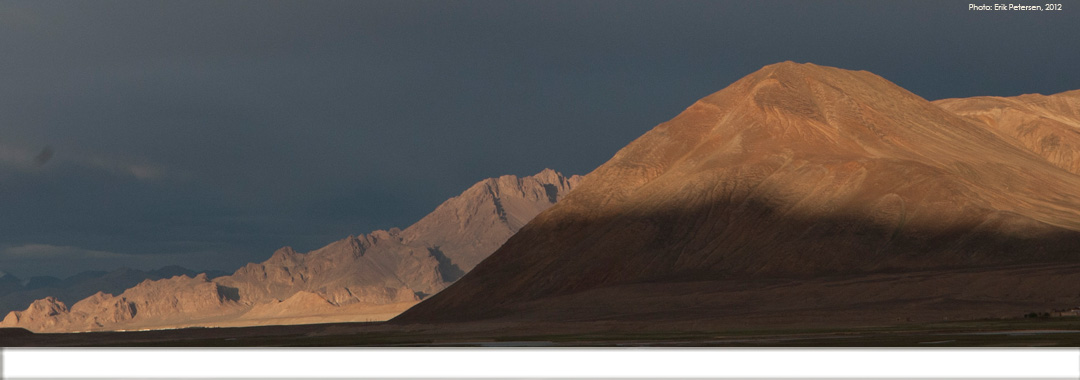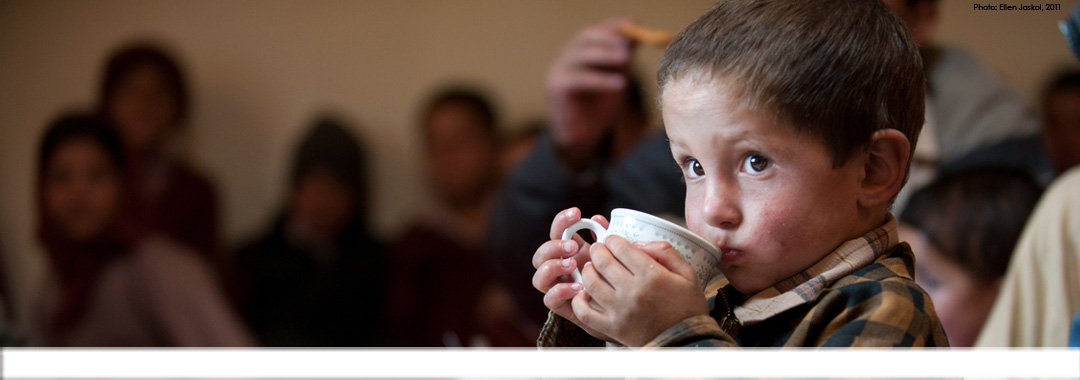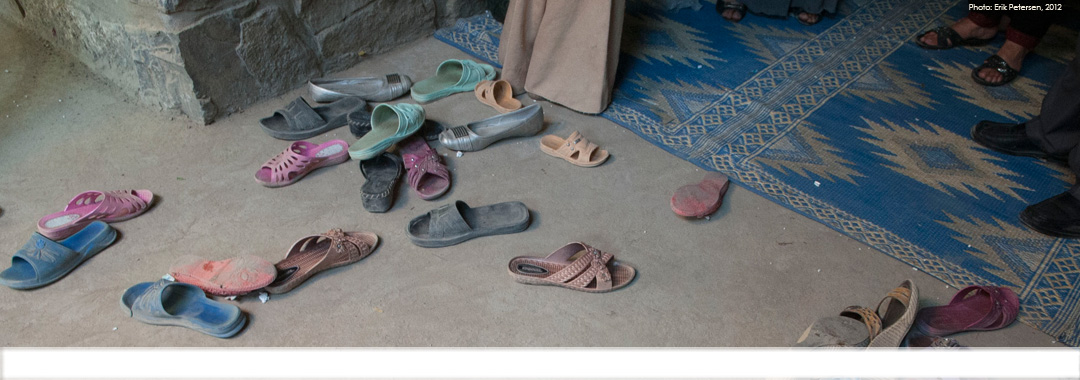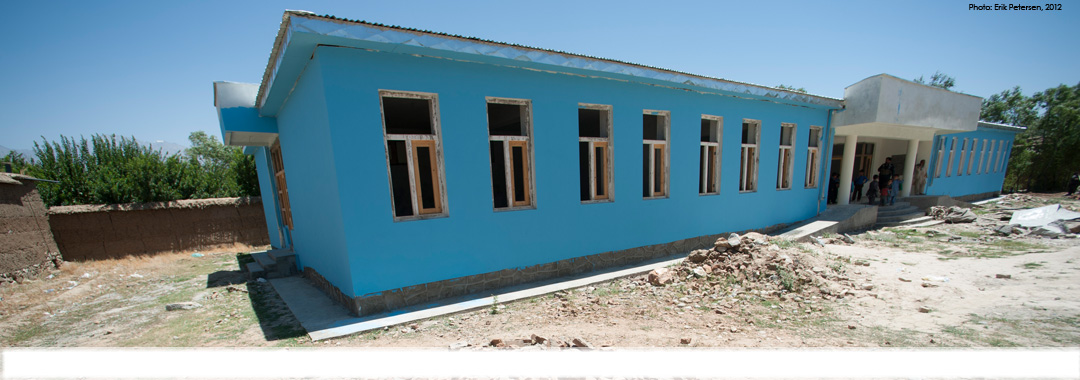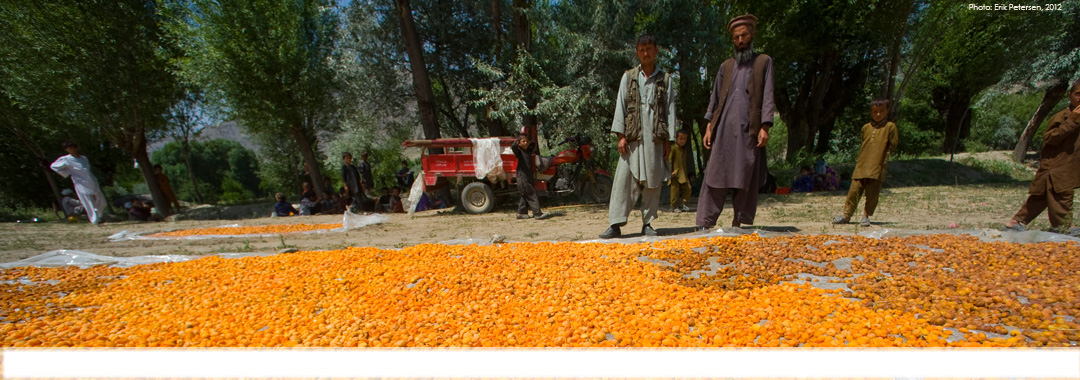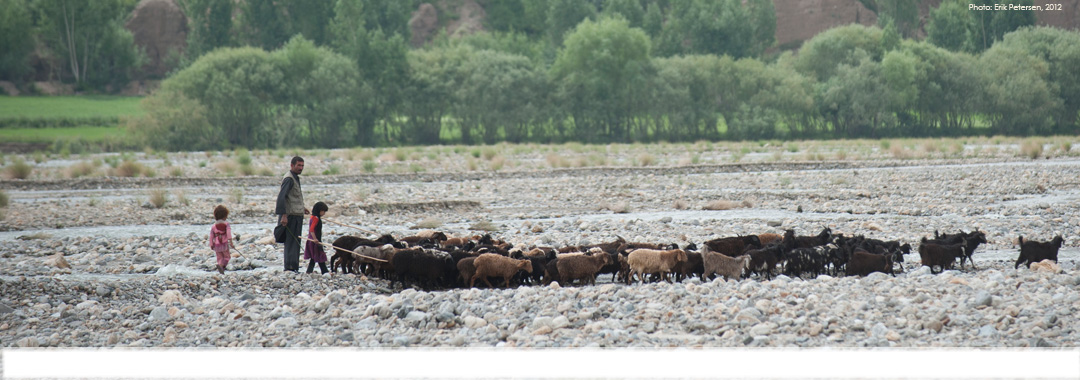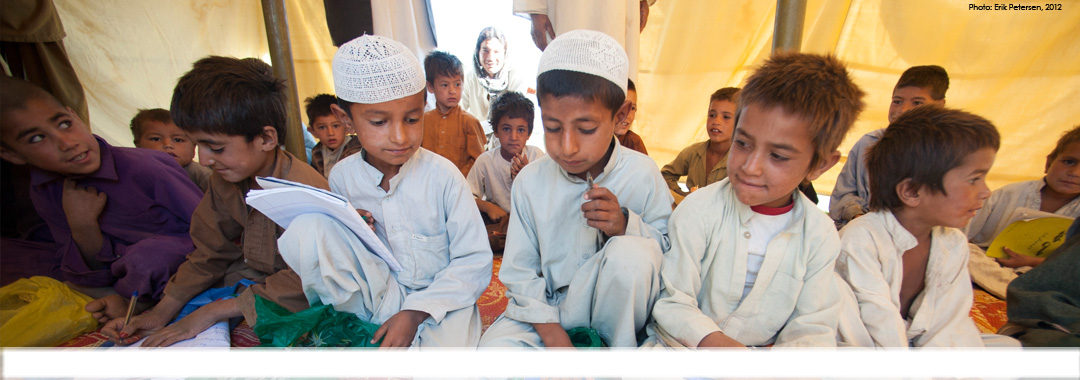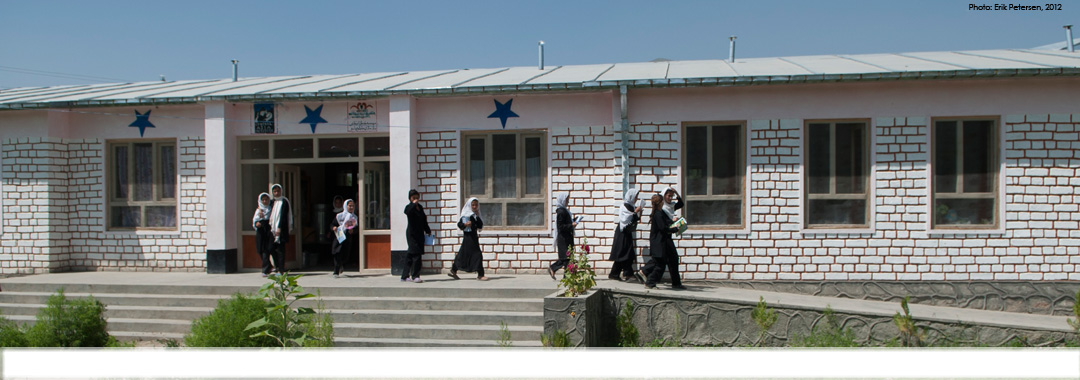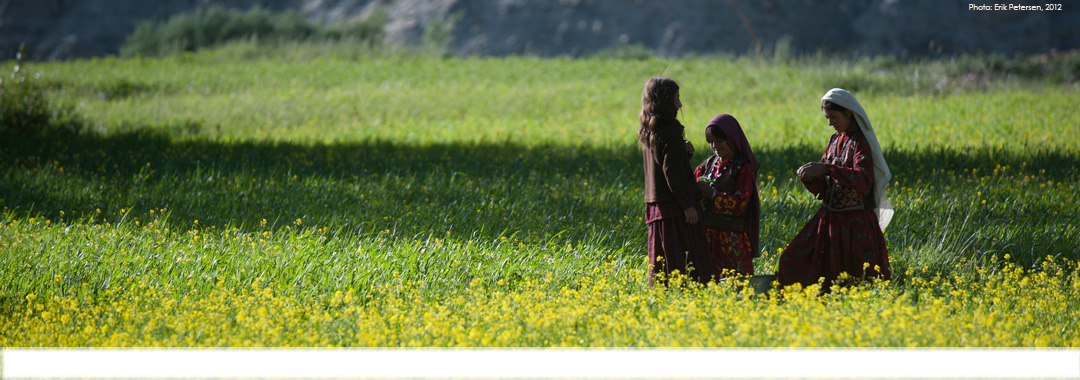Global Chalk Campaign
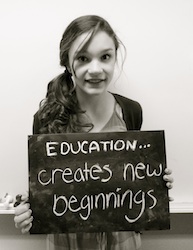
Central Asia Institute (CAI) has launched its Global Chalk Campaign: Advocate to Educate as a means of engaging the global community in dialogue about the importance of education. In a country like the United States, where education is often taken for granted, we at CAI wanted to know why you think education should be a right for every child around the globe.
Post a picture of yourself with your answer, and tag CAI (#CAI, #GlobalChalkCampaign, which can be seen on our Facebook, Instagram, Twitter, and Tumblr pages) in the response. Help us promote the importance of education around the globe.
This past winter, CAI staff visited elementary, middle, and high school classrooms in Bozeman, Mont. We discussed the goals of global education and the obstacles facing children in remote and impoverished areas around the world.
After each presentation, we asked students to answer the question, Why should education be a right for every child, rather than a privilege? We gave them two of the most basic teaching tools: chalkboards and chalk, and asked them to write their answers. We even got a few teachers and some of CAI’s Bozeman staff to weigh in on the question.
The results confirmed our impression that some of the most convincing and compelling reasons to educate a community come from the demographic we target most: children.
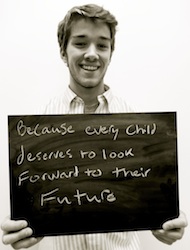
In the United States, education is a right. In fact, education is required by law until a child is 16 years old. In most parts of the country, access to education isn’t a question.
But around the globe, education is still a privilege for too many children, available only to elite members of society, and, often, only to boys. In many of these areas, the adult literacy rates are still in the single digits. Those children who do have an opportunity to go to school sometimes have to walk miles – even during the cold, harsh winters common in the mountains of Pakistan, Afghanistan, and Tajikistan – just to reach a classroom. They brave the ongoing fighting with insurgents and, in some areas, risk attack. They battle traditions such as child marriage and child labor in order to stay in school.
The Global Chalk Campaign is more than just a social media campaign. It highlights the similarity of students globally: their dedication to education, understanding of the world around them, and making their communities a better place.
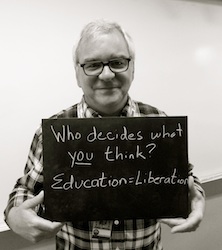
“Anytime students in Bozeman or Montana have the opportunity to learn more about the world around them, it is critically important to take advantage of that opportunity,” said Erica Schnee, who teaches government at Bozeman High School, and invited CAI to present the campaign to students in her advanced-placement class. “When I was growing up in Bozeman, Montana felt isolated, not only from the rest of the world, but also from the rest of the country in some ways. There are so many ways the world has changed and become more interconnected. If we don’t prepare students to engage in that world and interact with and learn more about other parts of the world, we aren’t preparing them to be successfully engaged citizens.”
After the CAI presentation to Peter Strand’s fifth-grade class at Irving Elementary School, Strand said students were excited to learn about their peers overseas, fascinated with the photographs shown by CAI staff, and empathetic to the difficulties CAI students face when trying to access education.
“I think students are able to pull from exploring Pakistan, Afghanistan, and Tajikistan on numerous levels,” he said. “What happened today only opens the door. My experience from being at Irving with all of its emphasis on this kind of learning is that the sky is the limit. The kids are mesmerized by where such an exploration can go.”
The Global Chalk Campaign gives students a window on cultures that differ from theirs, sparks talk about modern problems and possible solutions, and creates empathy.
“Our goal is to educate them so the ‘fear factor’ of the unknown will be minimalized, and they can accept differences and learn to live in a global community without, hopefully, war and discrimination,” said Ann Cannata, a social studies teacher at Chief Joseph Middle School.
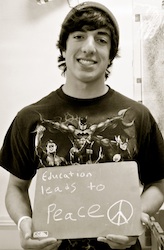
“Any introduction to how a different part of the world views education, and a reminder of how fortunate they are to be getting one, is always welcome.
Strand added: “Our kids need to make personal connections with people like themselves who happen to live very different lives, in very different cultures, and with very different experiences.” The campaign helps students understand other ways of life, reflect on their own opportunities and imagine a world where things are much different, he said. This in turn “helps them to better understand themselves and the world in general. And it nurtures empathy, something essential to citizenship.”
We want to hear from you. Why do you think education should be a right for every child around the globe? Post a picture of yourself with your answer, and tag CAI (#CAI, #GlobalChalkCampaign, and our relevant social media pages) in the response. Help us promote the importance of education around the globe.
For further questions, concerns and inquires, please email info@ikat.org.

